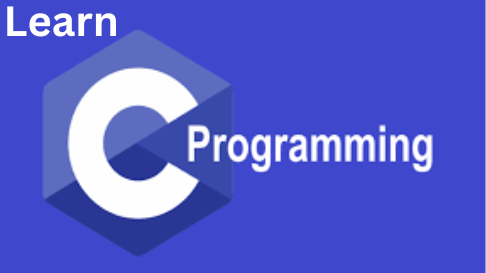History of C++
The history of C++ is a fascinating journey that began in the early 1980s and has led to the development of one of the most influential and versatile programming languages in the world. Here's a chronological overview of the key milestones in the history of C++:



1. Origins (Late 1970s - Early 1980s)
Bjarne Stroustrup: The history of C++ is intimately tied to the work of Danish computer scientist Bjarne Stroustrup. Stroustrup was working at Bell Labs in the late 1970s and early 1980s, where he faced the challenge of developing software for distributed systems. He realized that the C programming language, although powerful, lacked certain features required for his work.
C with Classes: In 1979, Stroustrup started developing a language he initially called "C with Classes." It was essentially an extension of the C language, adding features like classes, objects, and a simple form of inheritance.
C++ Name: In 1983, Stroustrup changed the name of the language to "C++" (pronounced "C plus plus"). The name change signified the evolution of the language beyond C.
2. First Commercial Release (1985)
AT&T Bell Labs: C++ had its first commercial release in 1985 when it was introduced by AT&T Bell Labs. This release marked the beginning of C++'s journey as a widely recognized programming language.3. Standardization (1998 - Present)
ISO/IEC Standardization: In 1998, C++ achieved a significant milestone with the release of the ISO/IEC 14882 standard, often referred to as C++98 or C++03. This standardization effort aimed to provide a consistent and well-defined set of features for C++ programmers.
Subsequent Standards: Since C++98, several new standards have been developed, each adding significant features and improvements to the language:
C++11 (2011): This standard brought major enhancements, including lambda expressions, auto type inference, and the Standard Library's overhaul.
C++14 (2014): Focused on improving and clarifying C++11 features without introducing major language changes.
C++17 (2017): Introduced new features such as structured bindings and filesystem library, making C++ more expressive.
C++20 (2020): Brought significant additions, including concepts for generic programming, coroutines, and improved support for parallelism.
Ongoing Development: C++ continues to evolve with ongoing standards efforts. Future standards are expected to introduce even more features and enhancements, ensuring the language remains modern and relevant.
4. C++ in Practice
- Software Development: Over the years, C++ has been used in a wide range of application domains, including system programming, game development, scientific computing, embedded systems, and more.
- Large Projects: C++ is often chosen for large-scale software projects due to its support for modularity and encapsulation, making it easier to manage complex codebases.
- Game Development: C++ is a popular choice for game development due to its performance capabilities. Many game engines, such as Unreal Engine and Unity's engine, rely heavily on C++.
- Embedded Systems: C++ is used extensively in the development of firmware and software for embedded systems, including IoT devices and robotics.
- Cross-Platform Development: C++ is known for its portability, allowing developers to write code that can run on various platforms with minimal modifications.
- Legacy Code: Many legacy systems and libraries are written in C++ or rely on C++ components, making it crucial for maintenance and integration.
5. Community and Ecosystem
- Active Community: C++ has a large and active community of developers who contribute to libraries, frameworks, and tools. This ecosystem provides resources and support for C++ programmers.
- Standard Template Library (STL): The STL is a collection of pre-built classes and functions that simplify common programming tasks, enhancing code reusability and maintainability.


.png)
.png)
.png)

0 Comments